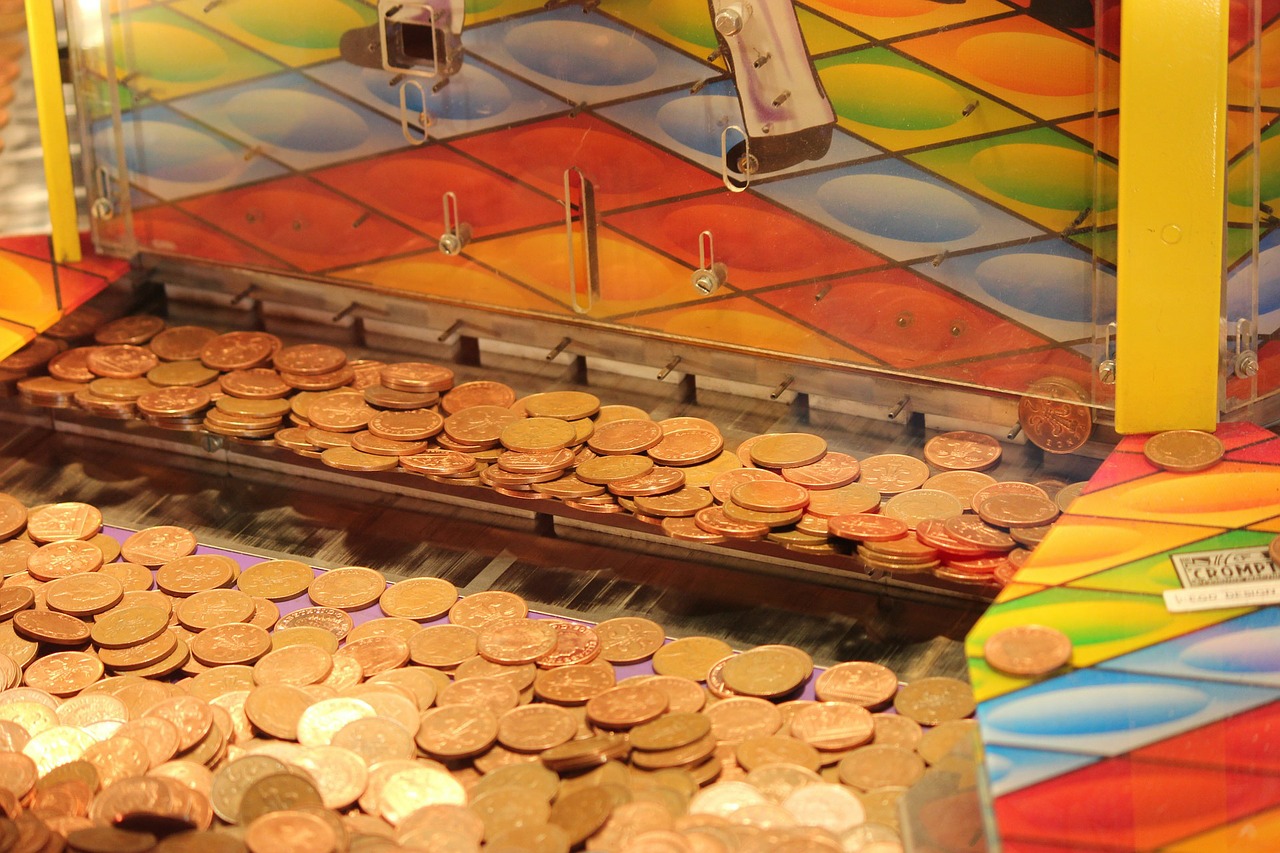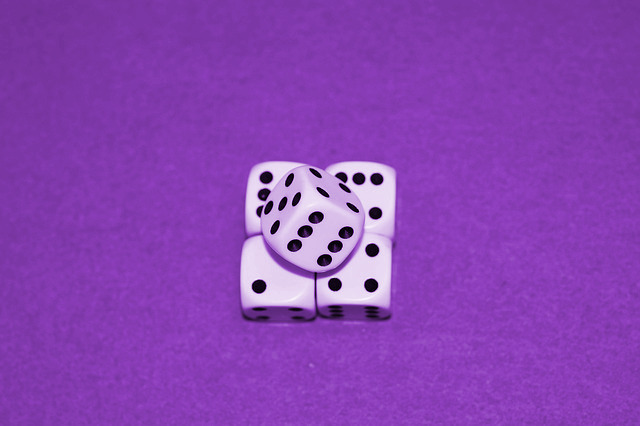Who is Who Victoria Pages
The psychology of poker is an important aspect of the game. You should think not only about what your opponents have, but about what they think you have and about what they think you think they have. You must go through such thought processes against good players in particular, but the better they are, the more difficult it is to figure them out.

When you get to the expert level, the process sometimes becomes so complex and tenuous that you have to fall back on game theory. In general, you should evaluate any play you make on its merits alone — that is, on its expectation in a given situation. However, as we suggested in the chapter on bluffing, you might occasionally want to do something that is theoretically incorrect, especially in a no-limit game.
You might either bluff a hand when you are almost sure you won’t get away with it or fold a legitimate hand when you think you are getting bluffed and then show the hand. What you are trying to do is create an impression for the future. You are making a bad play so that it sticks in everybody’s mind. Andy Murray will win a Grand Slam tournament one year, of that I’m almost sure.

